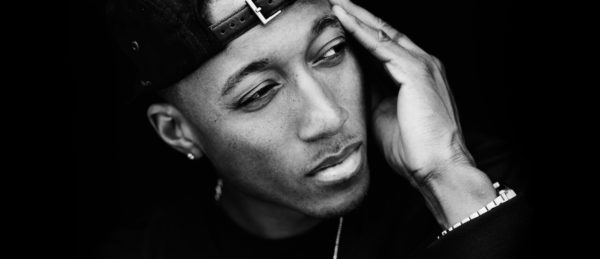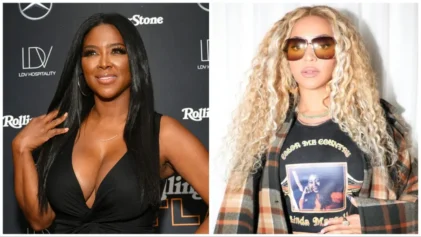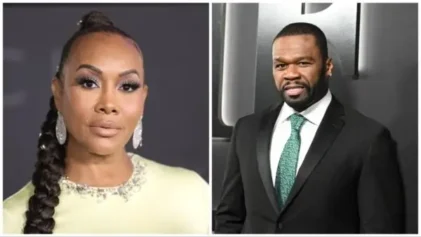
Reach Records
Black Christian hip-hop artist Lecrae made a political and historically accurate statement on the Fourth of July when he tweeted an image of enslaved Africans in a cotton field, stating his ancestors were in that position in 1776. The tweet set off a firestorm on Twitter, with many of the star’s white fans accusing him of making the holiday a “race issue.”
My family on July 4th 1776. pic.twitter.com/R9DzWkqDWc
— Lecrae (@lecrae) July 4, 2016
The staunchest criticism came from a user named Steve, who told the 36-year-old he was “done supporting” him since he promotes “guilt instead of love.”
@lecrae Done supporting you bro. You make everything a race issues lately instead of a gospel issue. You promote guilt instead of love.
— steve (@Hevi_On_Honkers) July 4, 2016
Lecrae did not ignore the response and called out the fan for a racist retweet he made that same day.
@Hevi_On_Honkers nah it's actually your tweets that are problematic racially. ?? pic.twitter.com/3DckwriYEx
— Lecrae (@lecrae) July 4, 2016
The heat continued to come for the star’s political post.
Jamison Williams thought it simply caused trouble.
@lecrae With all due respect, I feel this is simply stirring the pot. I agree with the above comment.
— Jamison Williams (@jamisdw) July 4, 2016
Joshua Gellock called the tweet “divisive” and announced he would unfollow the Grammy winner.
@lecrae super disappointed with your tweet. Pics like this divide instead of brining unity. #unfollowed
— Joshua Gellock (@JoshuaGellock) July 4, 2016
Yet there were fans that had Lecrae’s support.
@jennykillem clarified the rapper’s tweets for those who were uncertain.
@lecrae took black people longer than the 4th of July to get THEIR independence and for them to have equal rights in this country.
— XXII (@jennykillem) July 4, 2016
The education continued with user Dynast Amir educating another by the name of Davis Absolute on why the tweet was necessary. Davis had dismissed Lecrae’s declaration because “July 4th is about independence from England, not slavery.”
@davisabsolute @lecrae you are ignoring the fact that millions of black slaves weren't free.
— Dynast Amir (@amirdynasty) July 4, 2016
Kathy Khang questioned why so many fans were disturbed by the artist’s views.
@prophiphop @lecrae Fans just realizing he is … Black & Christian???
— Kathy Khang (@mskathykhang) July 4, 2016
Melissa Baker thanked the singer for his historical reminder of the day’s realities, which Lecrae appreciated.
@bakerpartyofsix thank you. Very appreciative of your comment. ??
— Lecrae (@lecrae) July 4, 2016
Etan Thomas tweeted his respect about Lecrae’s post, but pointed out the discontent among fans who “hate that he is a Conscious Black Man.”
Much Respect to @lecrae reading some of the comments from his fans They love that he's a Christian but hate that he is a Conscious Black Man
— Etan Thomas (@etanthomas36) July 4, 2016
This is not the first time the Houston, Texas native has voiced his opinion about issues concerning the Black community. Lecrae wrote op-eds for Billboard magazine about the Charleston shooting last summer, and the November 2014 Ferguson decision in which a grand jury chose not to charge Darren Wilson, the officer who shot and killed Michael Brown.
“This is not a crusade for division, but it is obvious that there still exists in America a racial divide,” he wrote in the 2014 piece. “It’s apparent by the divide on this issue between blacks and whites all over social media. We can’t naively think that changes in voting rights forty years ago solved the problem of race.”


